
Last Tuesday, nearly 100 people gathered in Jackson to connect with their neighbors around a troubling statistic: Amador County has the third-highest suicide rate in California.

Last Tuesday, nearly 100 people gathered in Jackson to connect with their neighbors around a troubling statistic: Amador County has the third-highest suicide rate in California.
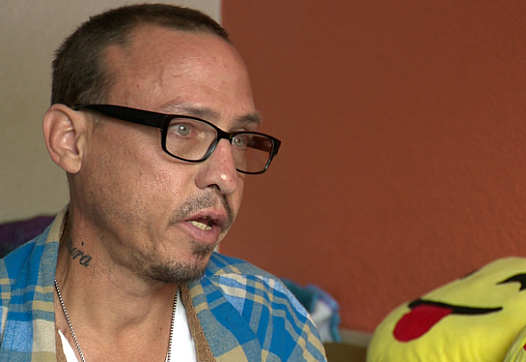
Joshua’s House in Sacramento, California is slated to become the first homeless hospice center in the West Coast and one of only a handful in the country.
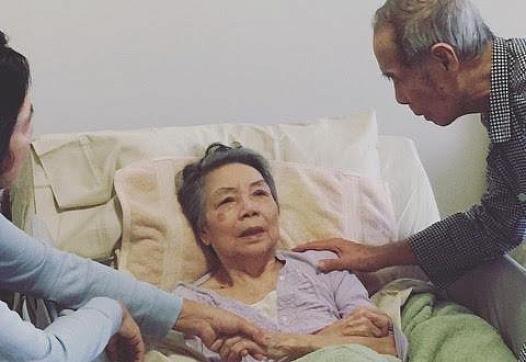
The cost of aging in America is outrageous, as journalist Andrew Lam's family has come to learn. And the costs aren't just financial — caring for aging family members requires tremendous human capital as well.
![[Photo by Ulrich Joho via Flickr.]](/sites/default/files/styles/teaser_list_thumbnail_large/public/title_images/unnamed_172.jpg?itok=agjMzauJ)
California is facing a gray tide. And the state’s fragile long-term care infrastructure is ill-prepared for the coming surge in demand. What can be done?
![[Photo by Ali Moradmand via Flickr.]](/sites/default/files/styles/teaser_list_thumbnail_large/public/title_images/unnamed_173.jpg?itok=8SxpPGaf)
Poor people, people in isolated, rural areas and minorities are least likely to receive palliative care and counseling about end-of-life decisions. And one-third of U.S. hospitals don’t have a palliative care team.
![[Photo by Presidio of Monterey via Flickr.]](/sites/default/files/styles/teaser_list_thumbnail_large/public/title_images/unnamed_170.jpg?itok=OCW1EJfn)
The goal is to convince health care organizations, government agencies and community leaders to redirect health care dollars to create more affordable housing for Monterey County's vulnerable seniors.
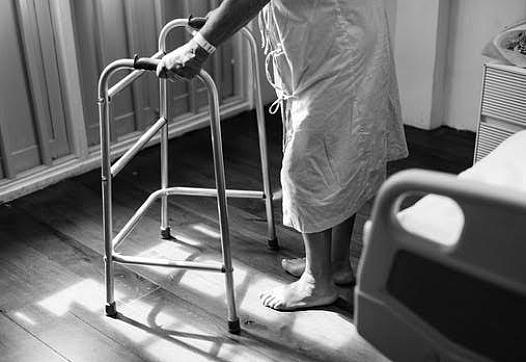
Most Americans nearing death don’t have access to palliative services and good end-of-life care. But for underserved populations of African-Americans, Latinos and Asians, the gap is even wider.
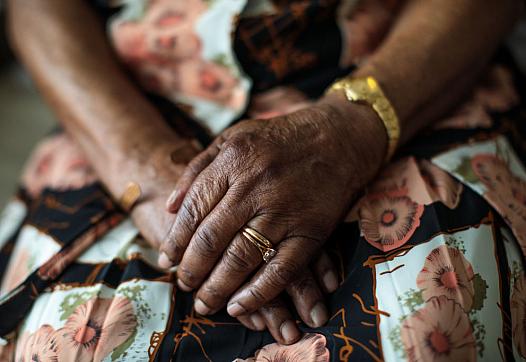
The nursing home industry is a powerful force that pushes back against the great work reporters have done in exposing elder abuse. Plus, we as a country are not very interested in old people except as a part of a commercial transaction.

Homelessness is a health crisis, and the clock is ticking. With homeless life expectancy between 42 and 52, and half of the nation's homeless at least 50, it's not surprising that Orange and several other California counties have seen a dramatic rise in homeless deaths in recent years.
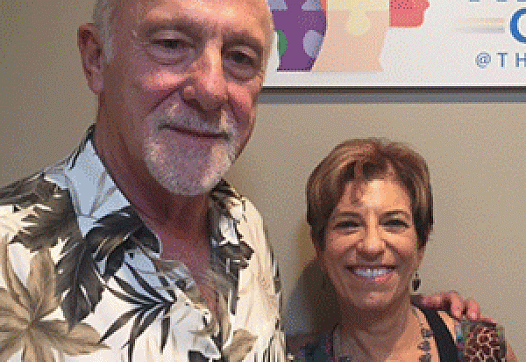
Social isolation and ageism are issues that many LGBT older adults encounter in retirement, as a growing body of academic papers and health research has documented.